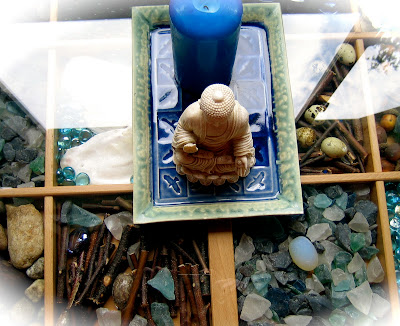 |
| Clients image of working with beliefs |
Are some of these beliefs a source of stress for you? Start noticing in what situations these beliefs pop up. See if you can gently observe them, and give the part of you that is holding this particular belief room to be heard.
In this blog, I have talked about Focusing and the wonderful clarity and changes it brings when you practice it. When we practice Focusing we start to face these irrational beliefs and have a way to untangle or free ourselves of their hold on our reality. We begin to have more choice in what to believe and feel less bound by habitual thinking.
Irrational Beliefs (Ellis)
1. You must have love and approval almost all the time from all the people you find significant?
2. You must prove yourself a thoroughly competent, adequate achiever, or you must at least have real competence or talent at something important.
3. You have to view life as awful, horrible, or catastrophic when things do not go the way you would like them to go.
4. People who harm you, or commit misdeeds, rate as generally bad individuals and you should blame or punish them.
5. If something seems dangerous or fearsome, you must become terribly occupied with and upset about it.
6. People and things should turn out better than they do, and you have to view it as awful you do not quickly find good solutions to life's hassles.
7. Emotional misery comes from external pressures, and you have little ability to control your feelings.
8. You find it easier to avoid facing many of life's difficulties and self-responsibilities than to undertake more rewarding forms of self-discipline.
9. Your past remains all important, and because something once strongly influenced your life, it has to keep determining your feelings and behavior today












